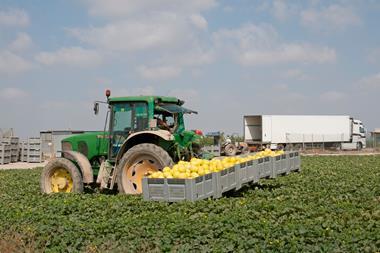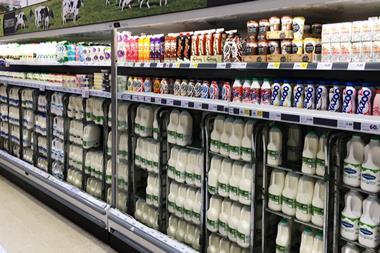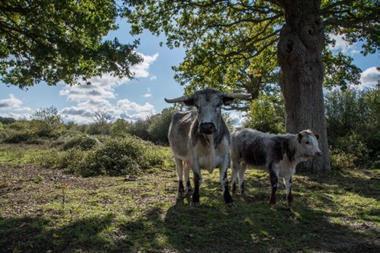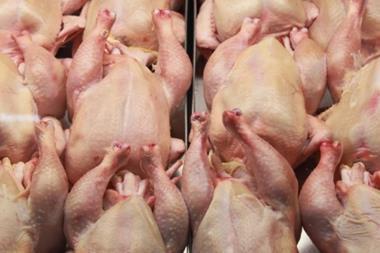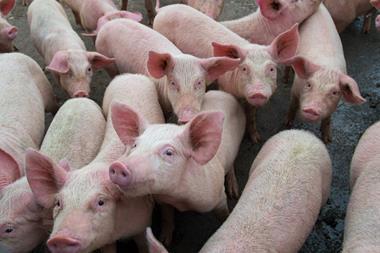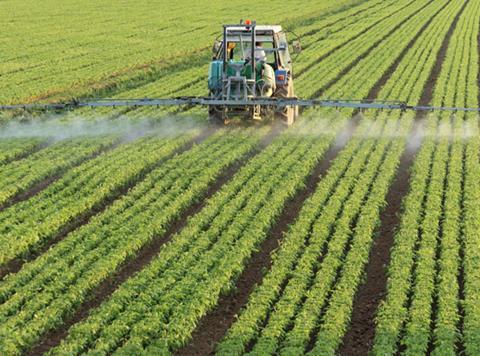
The government has postponed proposed curbs on urea-based fertilisers for “at least a year” in a bid to support farmers struggling with the soaring cost of production.
Use of urea fertilisers was due to be restricted from April as part of a push by Defra to reduce what it said were harmful ammonia emissions – some 87% of which were derived from farming – by 16% by 2030.
But in light of rising on-farm costs and concerns over the availability and increasing global price of other types of fertilisers, Defra this week said it would delay the measures until April 2023.
The delay would help farmers “manage their costs” and allow “more time to adapt in the light of a global rise in gas prices leading to pressures on the supply of ammonium nitrate fertilisers”, Defra suggested.
The cost of fertiliser had by early February tripled year on year, according to AHDB, after worldwide energy prices and agricultural commodity prices had soared on the back of huge increases in pandemic-related government spending and as coronavirus restrictions slowed supply chains.
The subsequent invasion of Ukraine by Russia, the world’s biggest fertiliser exporter and Europe’s leading supplier of gas, prompted fertiliser manufacturers such as Norway’s Yara to announce production cuts earlier this month, heaping further pressure on fertiliser supplies and prices.
It comes as environmentalists warned earlier in the week that farmers could face an additional £760m (or 182%) in extra fertiliser costs this year.
The rising costs were a reminder, according to environment secretary George Eustice, that “we need to reduce our dependence on manufacturing processes dependent on gas”.
Mark Tufnell, president of Country Land and Business Association, agreed, adding the volatile fertiliser market should prompt the government “to urgently consider ways of increasing and diversifying domestic fertiliser production”.
To help fill any short-term gaps caused by shortages of expensive gas-based fertilisers, Defra said it would also allow the increased use of slurry and manure into the autumn.
Defra’s package of support for inflation-hit farmers included the release of more information and increased payments via the Sustainable Farming Incentive – a key pillar of the government’s post-Common Agriculture Policy subsidy framework via its Environmental Land Management Scheme (ELMS) – which aimed to move the sector “towards sustainable farming practices over time”.
NFU president Minette Batters welcomed the measures as vital for farmers facing “unprecedented costs” and “tightening supplies”, saying they could help “ensure stability and confidence in the food supply chain”.








